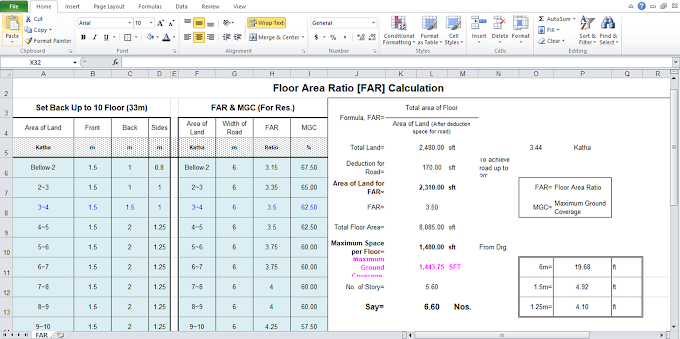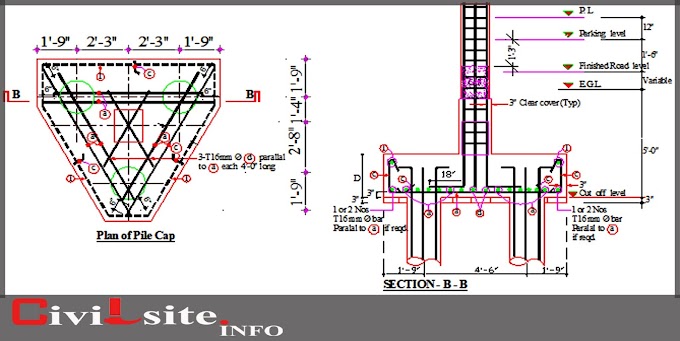Electronic design and scheduling can be complex processes involving various considerations and challenges.
Let's explore some of the key complexities associated with electronic design and scheduling:
Design Complexity: Electronic design involves creating intricate circuitry and systems that meet specific requirements. As technology advances, electronic systems become more complex, incorporating numerous components, subsystems, and functionalities. Designers must deal with intricate electrical and mechanical aspects, such as power management, signal integrity, thermal management, and electromagnetic interference (EMI) considerations. Managing this complexity requires expertise and careful planning.
Integration Challenges: Many electronic systems today require integration of multiple components from various vendors. Coordinating the interfaces and ensuring compatibility between different components can be challenging. Additionally, interfacing analog and digital circuits, sensors, actuators, communication modules, and other peripherals can introduce complexities in design and signal routing.
Time-to-Market Pressure: In today's competitive market, reducing time-to-market is crucial. However, electronic design involves multiple stages, such as concept development, circuit design, schematic capture, PCB layout, prototyping, and testing. Each stage requires time and meticulous attention to detail. Managing project timelines, coordinating different design teams, and ensuring efficient collaboration are critical for meeting project deadlines.
Design Iterations and Changes: Design iterations and changes are common during the electronic design process. As designs evolve, requirements may change, new features may be added, or issues may arise during testing. Incorporating these changes while minimizing disruptions to the overall schedule and budget can be challenging. Effective communication among design teams, stakeholders, and manufacturers is essential to manage these changes efficiently.
Resource Allocation: Electronic design projects require allocating resources effectively. This includes managing skilled personnel, specialized equipment, design tools, and computing resources. Optimizing resource allocation across multiple projects, considering availability, skill sets, and project priorities, is necessary to avoid bottlenecks and maximize efficiency.
Testing and Validation: Thorough testing and validation are critical to ensure the functionality, reliability, and compliance of electronic designs. Developing comprehensive test plans, creating test fixtures, conducting functional and performance testing, and addressing any identified issues can be time-consuming. Scheduling testing within the overall project timeline while maintaining quality standards adds complexity to the process.
Supply Chain Management: Electronic design projects rely on a complex global supply chain to source components, semiconductors, and other materials. In recent times, supply chain disruptions, such as semiconductor shortages or logistics challenges, have become more prevalent. Managing procurement, mitigating risks, and ensuring a stable supply chain are vital to prevent delays and meet project deadlines.
Design for Manufacturability (DFM): Considering manufacturing constraints early in the design process is crucial for smooth production. Designers need to account for manufacturability aspects like assembly, yield optimization, testability, and cost reduction. Design choices made without considering these factors can lead to challenges during production, such as difficulties in PCB fabrication or assembly, low yields, or increased costs.
Addressing these complexities requires a holistic approach, including effective project management, collaboration, and leveraging tools and methodologies that support efficient electronic design and scheduling. Continuous improvement, learning from past projects, and staying updated with industry trends and best practices also contribute to managing these challenges effectively.
There are several electronic engineering service providers in Surrey, a county in England. Here are a few examples:
Pektron Group Ltd: Pektron is an electronic engineering company located in Derby, but they have a subsidiary in Surrey. They offer a range of services including electronic design and development, embedded systems, software engineering, and manufacturing.
Chant Engineering Ltd: Chant Engineering is an electronic engineering service provider based in Farnham, Surrey. They specialize in the design, development, and manufacturing of electronic systems and components for various industries, including automotive, aerospace, and medical.
Fusion Electronics Ltd: Fusion Electronics is an electronic engineering company located in Woking, Surrey. They offer services such as electronic design, prototyping, PCB layout, and manufacturing. They work with clients in industries such as telecommunications, industrial automation, and consumer electronics.
Oakmount Control Systems Ltd: Oakmount Control Systems is an electronic engineering company based in Redhill, Surrey. They provide services in industrial automation, control system design, electronic hardware design, and software development.
These are just a few examples of electronic engineering service providers in Surrey. It's always a good idea to research and contact multiple electronic engineering surrey companies to find the one that best suits your specific needs and requirements.















0 Comments